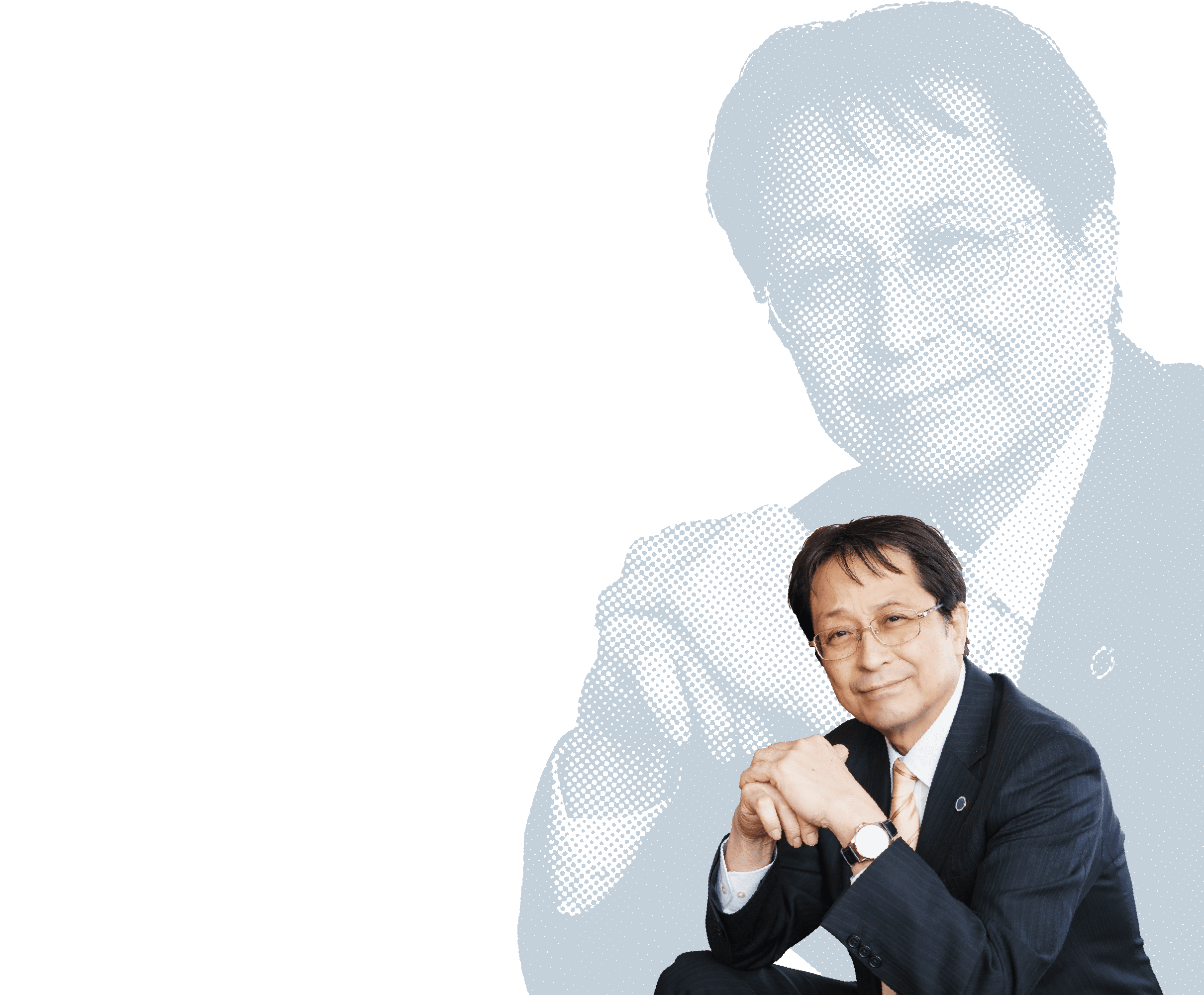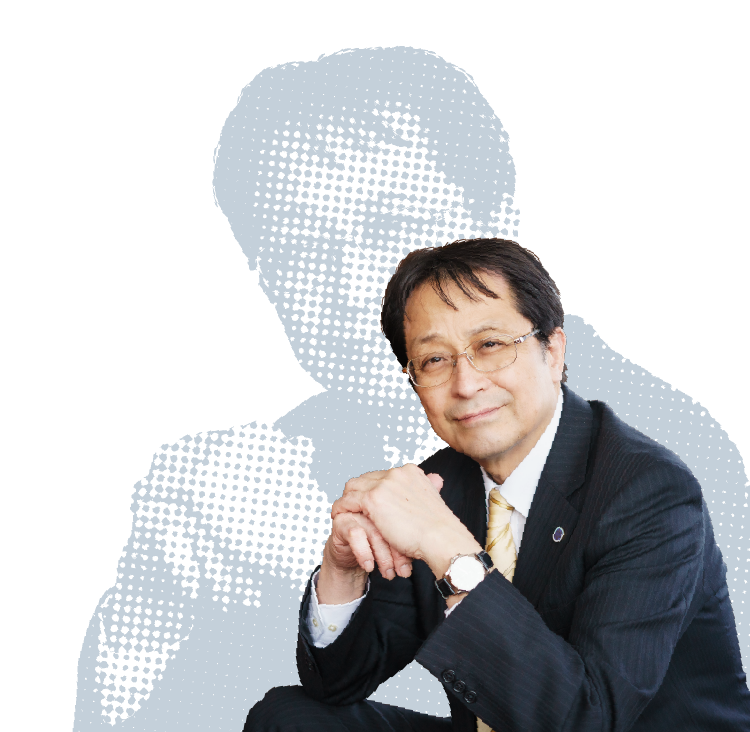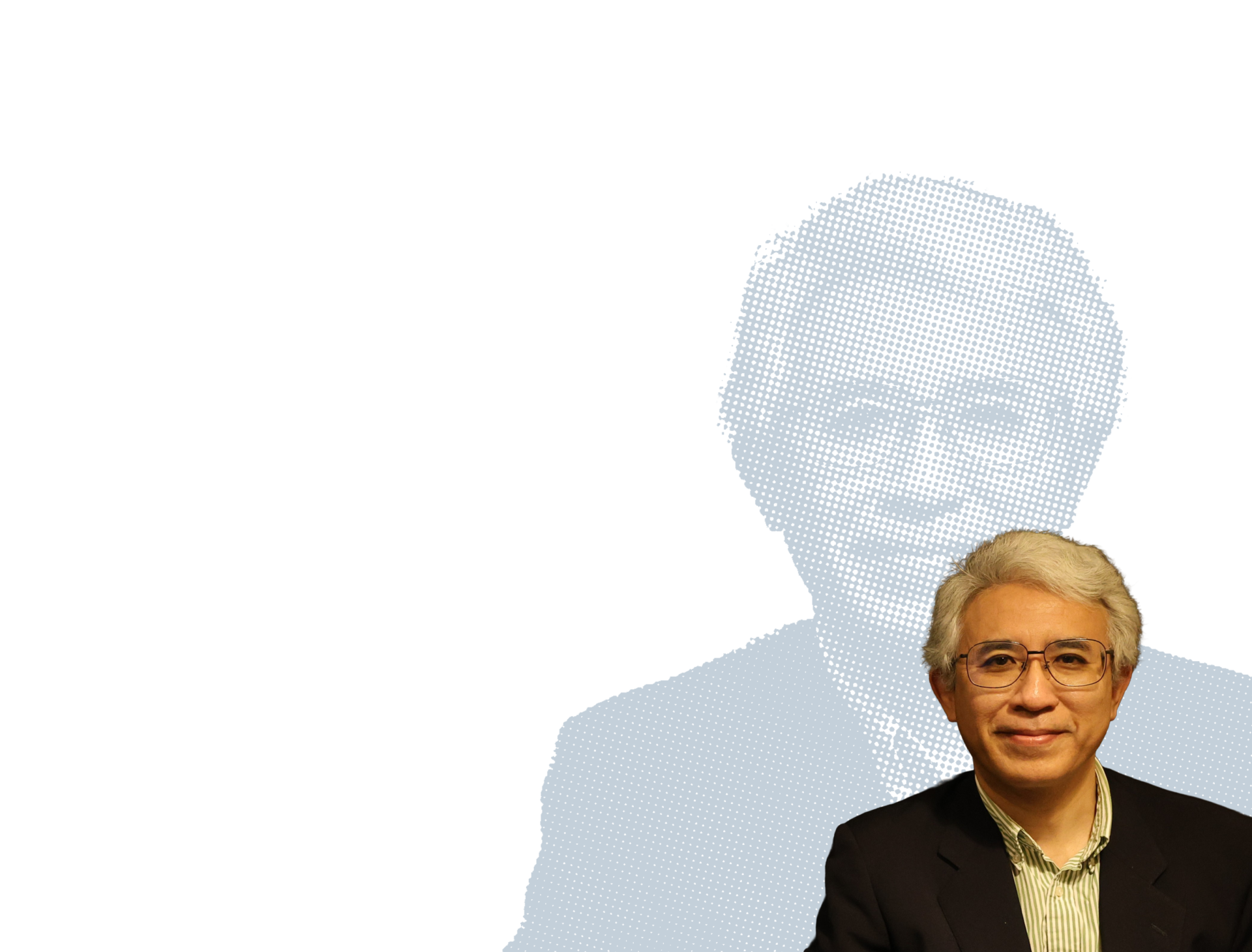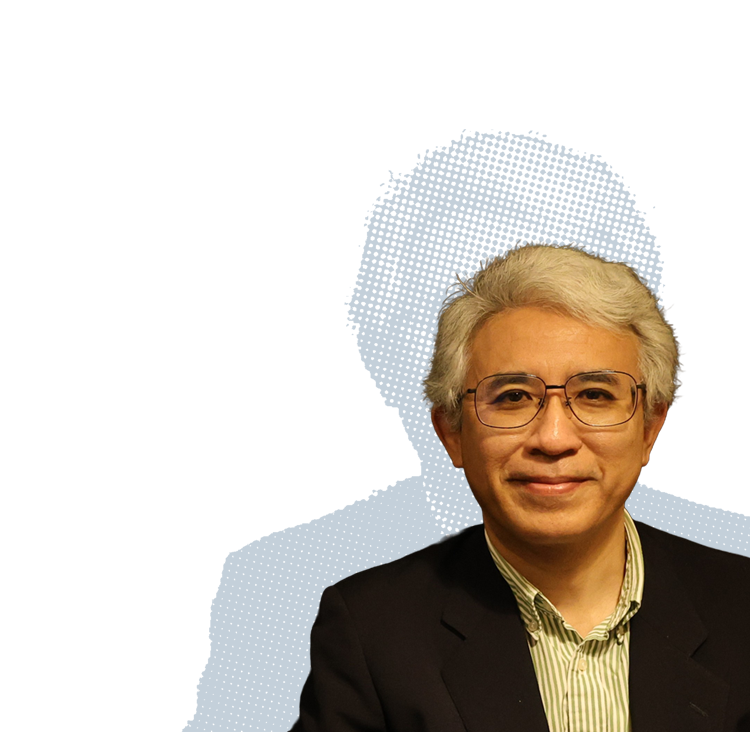Strategic Professional Development Program for Young Researchers
Top Runner Development Program Engaging Universities,
National Labs, and Companies
Messages
- HOME
- English Top
- Messages
-
Message from Chief Executive Manager




Tsukuba University was established in 1973 within the Tsukuba Science City, a national project aimed at promoting science and technology and enhancing higher education. Over the years, the university has undergone various system reforms that have contributed to the transformation of universities in Japan. For example, in terms of personnel systems, the university does not have a departmental structure, positioning all affiliated researchers as independent researchers. This approach has led to the emergence of new research fields in a free and open environment.
Since introducing the Western-style Tenure Track System for the first time in Japan in 1994, the university has continuously improved the system while enhancing the research capabilities of young scholars. From 2013, with support from the Ministry of Education, Culture, Sports, Science and Technology’s “Program for Promoting the Enhancement of Research Universities,” the university implemented the “International Tenure Track System,” allowing young researchers to conduct research abroad for a certain period.
The Tsukuba region hosts 29 public research and educational institutions and approximately 150 private research institutions and companies (as of January 2022). With a population of 20,000 researchers, including 10% holding doctoral degrees, Tsukuba is Japan’s largest research and development hub, boasting significant potential.
In this program, leveraging the international tenure track efforts and achievements of the university, collaboration among universities, national laboratories, and companies will be fostered. The goal is to transcend institutional differences in setup, research fields, and industries, promoting the creation of knowledge and cultivating young researchers with a transborder perspective.
Chief Executive Manager
NAGATA, Kyosuke
President, University of Tsukuba -
Message from Lead Institution Executive Manager




In today’s world, where human mobility, information transmission, and logistics occur on a global scale, a cross-disciplinary, global perspective and the ability to work across field boundaries are essential. The qualities required of researchers are no exception. The TRiSTAR (Top Runners in Strategy of Transborder Advanced Researches) project is a pioneering initiative in Japan that aims to cultivate “transborder researchers” with these capabilities through collaboration across academic, industrial, and regional boundaries, addressing the complex and diverse social challenges facing Japan while accelerating both the creation of innovative research results and their societal implementation.
The name of this project, “TRiSTAR,” is more than an abbreviation; it symbolizes the collaboration among three driving organizations-universities, national laboratories, and companies-toward the three capabilities cultivated through the project: depth of specialized knowledge, overarching perspective, and management skills, along with the three initiatives targeted: training support, research support, and enhancement of the research environment. By integrating these three core pillars, the project seeks to transcend traditional human resources development, fostering a new intellectual ecosystem where academia and society advance in harmony.
Tsukuba Science City is home to numerous research institutes with cutting-edge research facilities and technology, and it has established a solid position as one of Japan’s leading knowledge hubs, where new value is created every day through industry-academia collaboration. There, young researchers are mentored by experienced predecessors who have mastered their respective fields, becoming top runners within a knowledge network that transcends various academic disciplines. The TRiSTAR project will leverage these strengths of Tsukuba Science City to cultivate transborder researchers who can lead the future as top runners.
Lead Institution Executive Manager
Yasunori ENDO
Vice President and Executive Director for Research,
University of Tsukuba -
Message from Program Manager




To date, the TRiSTAR Program has taken as its foundation a commitment to learning and continual questioning, and has worked to cultivate “transborder-type researchers” who generate co-creation beyond disciplinary and organizational boundaries through the deepening of their own expertise. The program’s core philosophy lies not only in producing solid value within individual fields, but also in striving for comprehensive excellence in research through collaboration across diverse disciplines.
Building on the accumulation of these principles and challenges, TRiSTAR will enter a new Dissemination and Expansion Phase beginning in fiscal year 2026, in which research outcomes and human resources will be extended into society. This phase represents a stage in which the research outcomes and networks developed thus far are disseminated to broader research communities, industries, and regions, and become established as new and enduring currents of research.
In this phase, each researcher is expected to engage in dialogue with people from diverse backgrounds, grounded in their own area of expertise, to share the value of their research and connect it to new forms of co-creation and social implementation. Research does not remain confined to individual achievements; by connecting with others, it generates new questions and is passed on to the next generation.
The “transborder-type researchers” envisioned by TRiSTAR are those who, beyond the deepening of their specialization, can open the potential of their knowledge to society and create new cycles of research through collaboration that transcends disciplinary and organizational boundaries. The Dissemination and Expansion Phase is also a stage in which such individual challenges are broadened into a collective force for society as a whole.
For me, research is not only an endeavor to explore a field in depth, but also a process of sharing its outcomes with others and expanding them into new social value. Outstanding research does not remain complete within a single discipline; it is through engagement with different perspectives and real-world contexts that new questions and possibilities truly emerge.
While cherishing the principles and achievements cultivated thus far, TRiSTAR now moves forward to its next stage.
We invite you to join us in the challenge of connecting the potential of research to society and creating new forms of co-creation.Program Manager (PM)
OHYA, Akihisa
Professor Institute of Systems and Information Engineering
University of Tsukuba
